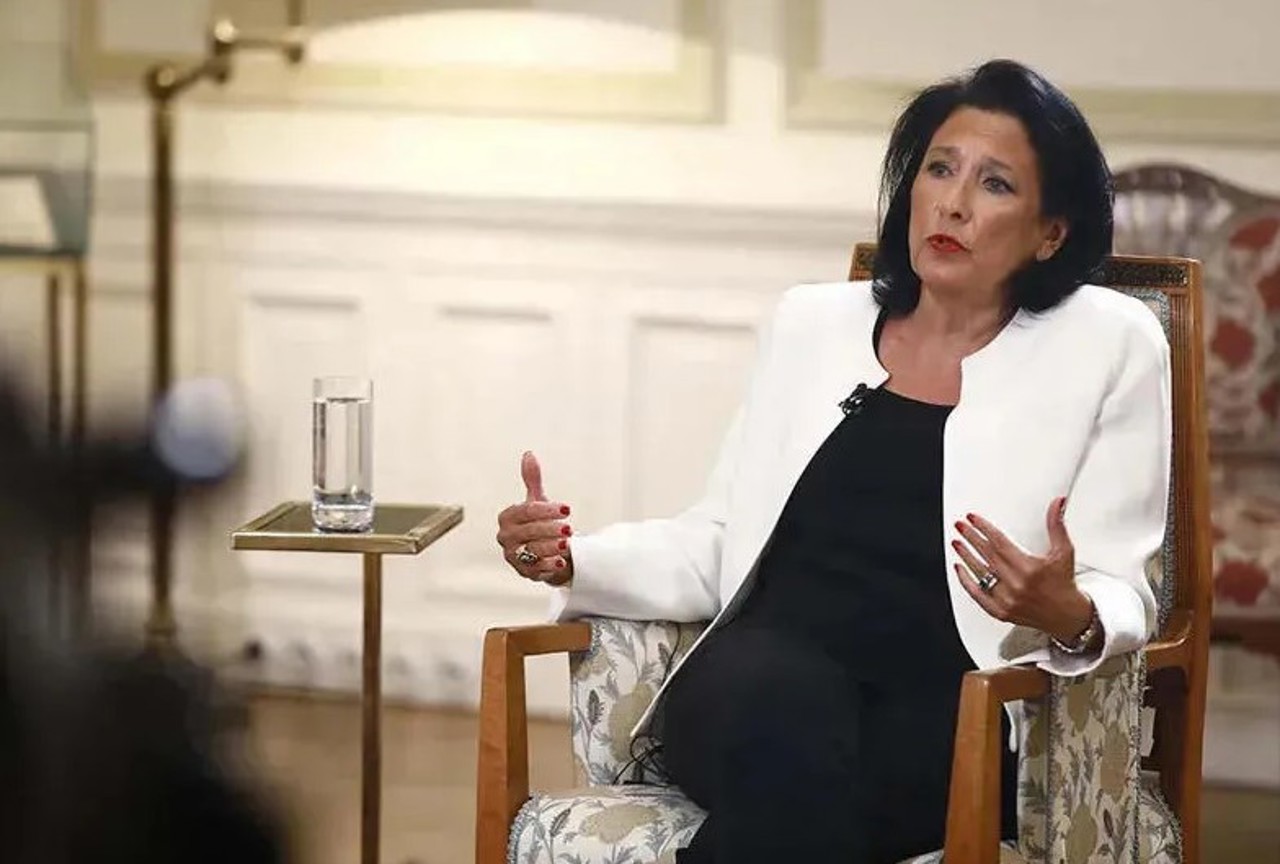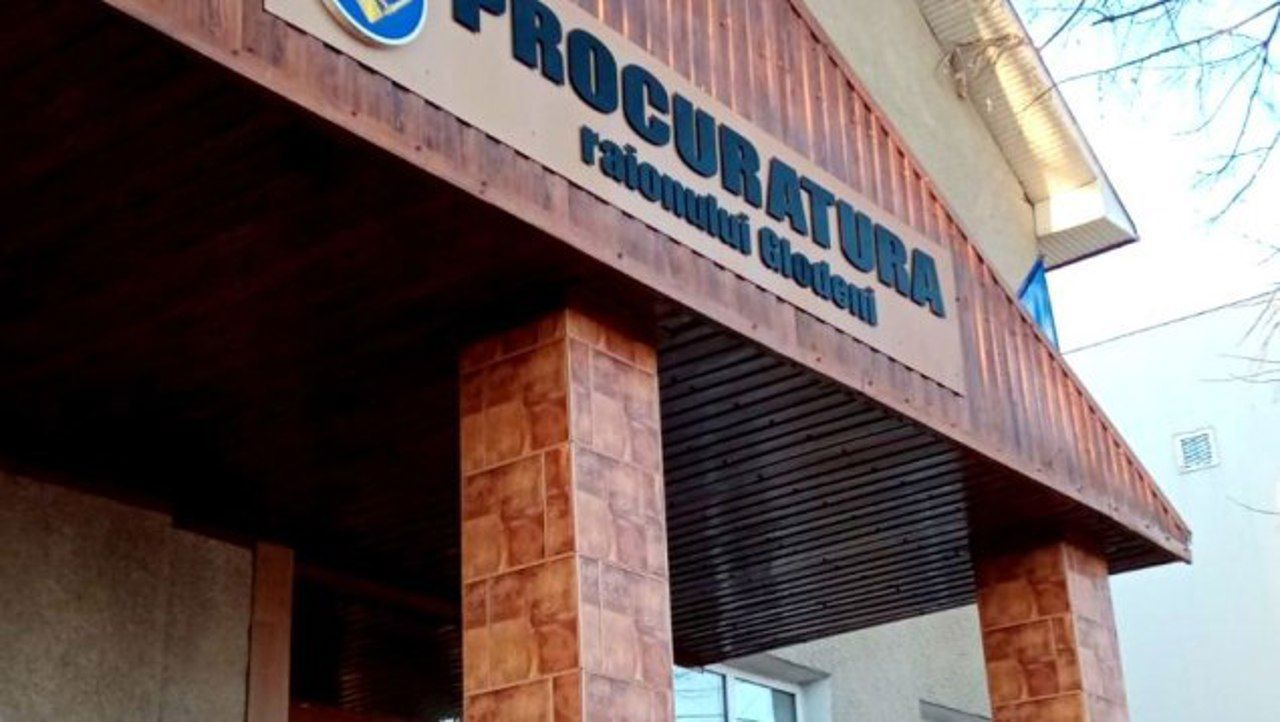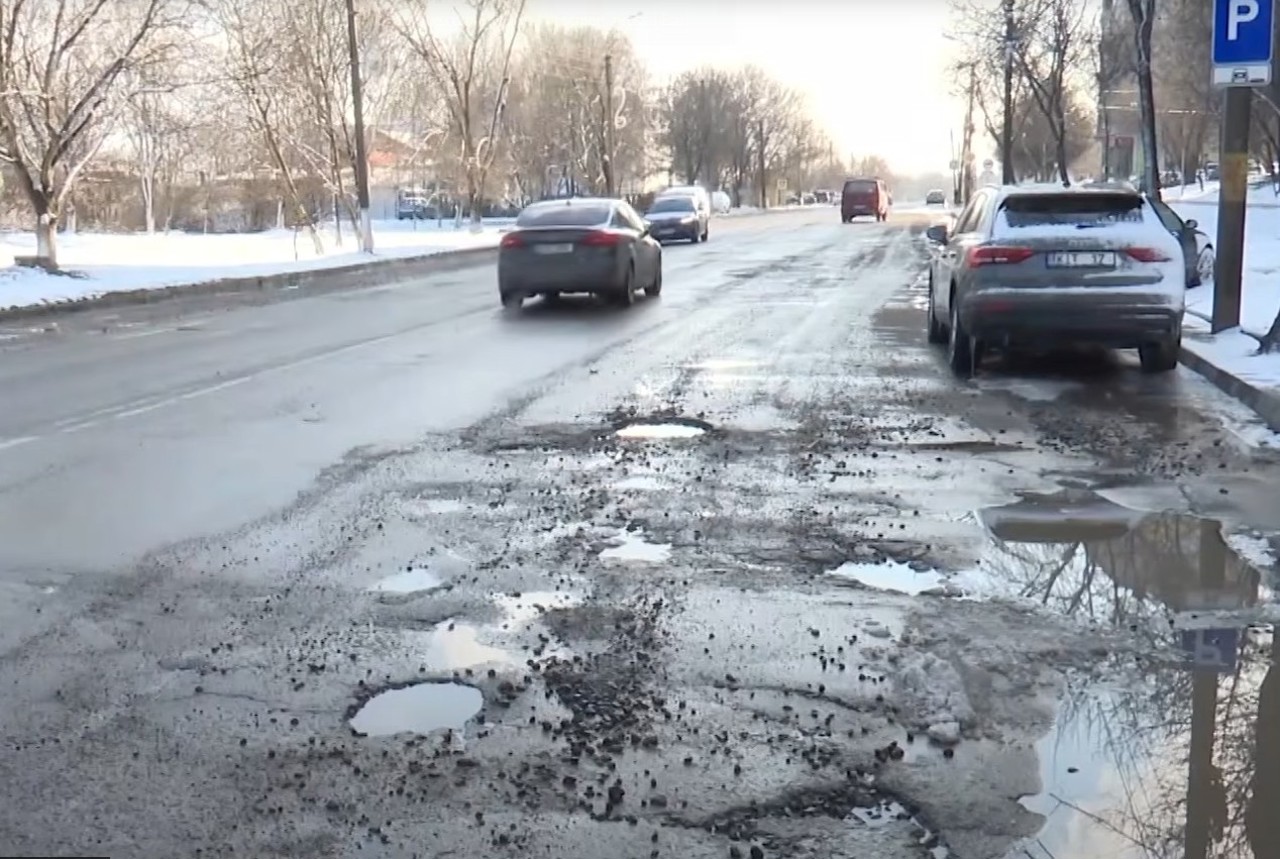The President of Georgia, on the freezing of EU aid and the cancellation of joint exercises with the USA: It is a response to the hostile policy of the authorities
Georgia's accession to the European Union has been halted, and some of the bloc's financial support to the South Caucasus country has been frozen after the Georgian authorities adopted a new law that critics feared would curb democratic freedoms, the EU Ambassador in Georgia said Tuesday, AP reports.

According to Pawel Herczynski, EU leaders made the decision to halt the process during the last summit of the European Council, and it came in the wake of the Georgian authorities adopting the law on “foreign influence” despite weeks of protests.
In addition, a total of 30 million euros ($32.5 million) in financial support, earmarked for Georgia's Defense Ministry in 2024, has been frozen, Herczynski said at a news conference.
“This is only the first step, there will be other steps. Our direct support to the government of Georgia will be limited, and we will seek to redirect support from the government of Georgia to civil society and the media,” he said. “It is sad to see EU-Georgia relations at such a low point, when they could have been at an all-time high.”
The law, which came into effect last month despite mass protests and a veto from the country's president, requires media, nongovernmental organizations and other nonprofit groups to register as “pursuing the interests of a foreign power” if they receive more than 20% of their funding from abroad.
The opposition has denounced the bill as “the Russian law” because Moscow uses similar legislation to stigmatize independent news media, organizations and individuals critical of the Kremlin, and called its passage a sign of neighboring Russia’s hold over Georgia.
EU officials have repeatedly denounced the law as undemocratic and said it would hinder Georgia's path to EU membership.
At a summit on June 27, EU leaders warned Georgia that its path toward membership would be blocked unless the “foreign influence” law was repealed.
They called “on Georgia’s authorities to clarify their intentions by reversing the current course of action which jeopardizes Georgia’s EU path, de facto leading to a halt of the accession process.”
In the days before the summit, EU foreign policy chief Josep Borrell said the bloc was considering “putting a hold to our financial assistance to the government” in Tbilisi and downgrading political contacts. It was not clear how much money overall would be affected.
In a separate development, the United States earlier this month “indefinitely postponed” military drills in Georgia — a move the U.S. Department of Defense said came as part of a “comprehensive review” of the relations between Washington and Tbilisi.
Georgia's President Salome Zourabichvili, who has long been at odds with the country's government, on Tuesday called the moves by the EU and the U.S. “very difficult messages from two of our closest friends" that “are worth listening to.”
"Although this is a response to the stupid and hostile policies of the ruling party towards them, at the same time it is a warning to society: our partners tell us that ‘the choice is yours’ between Georgia with a secure European future and Georgia moving toward the Russian orbit,” Zourabichvili said.






